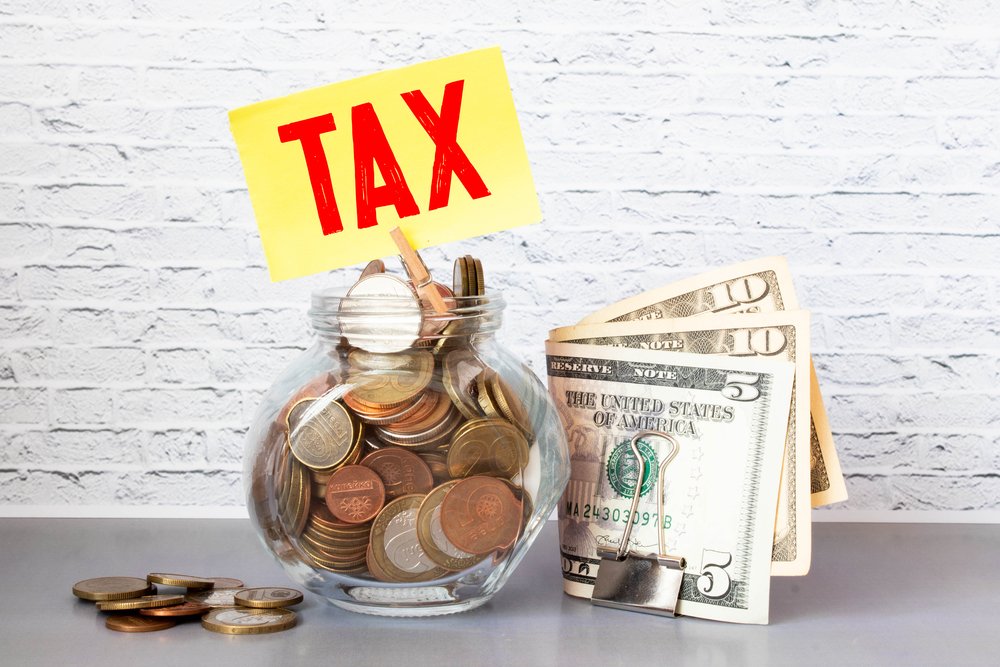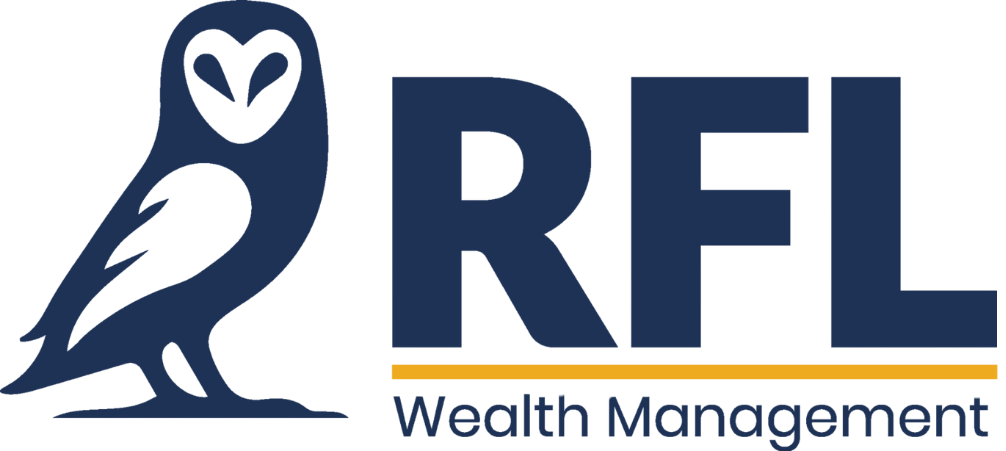15 Tax-Saving Tips: How To Save Tax For High-Income Individuals In Canada

Tax planning is a crucial aspect of financial management, especially for high-income individuals in Canada. With a myriad of tax laws, deductions, and credits available, understanding how to strategically minimize your tax liability can make a substantial difference in your overall financial well-being. In this post, we’ll delve into ten effective ways on how to save tax in Canada.
Let’s explore our tax saving strategies in Canada to maximize your assets!
Maximize RRSP Contributions
Registered Retirement Savings Plans (RRSPs) are a cornerstone of tax planning in Canada. Contributing to your RRSP not only helps secure your retirement but also offers immediate tax benefits. Contributions are deductible from your taxable income, which reduces your overall tax liability. High-income earners can take advantage of their higher tax bracket by contributing the maximum allowable amount to their RRSPs each year.
Leverage Tax-Advantaged Accounts
Utilize Tax-Free Savings Accounts (TFSAs) and Registered Education Savings Plans (RESPs) to your advantage as part of your tax saving strategies in Canada. TFSAs allow tax-free growth of investments, while RESP contributions attract government grants for education savings. By maximizing contributions to these accounts, you can potentially reduce taxable investment income and gain government incentives.
Strategic Use of Tax Credits
Familiarize yourself with the various tax credits available to Canadians, such as the Canada Child Benefit (CCB), Medical Expense Credit, and Charitable Donation Credit. These credits can significantly reduce your taxable income. High-income individuals can benefit by claiming eligible expenses and donations to optimize their tax savings.
Incorporation for Business Owners
High-earning business owners might consider incorporating their businesses. This strategy can provide tax advantages, such as income splitting with family members, deferring taxes, and accessing the small business deduction. However, incorporation comes with complexities, so professional advice is essential. Take advantage of our tax saving strategies in Canada to optimize your financial outcomes while minimizing tax liabilities today!
Capital Gains Planning
Careful planning of capital gains can minimize the tax impact on investment gains. Utilize your Annual Capital Gains Exemption, consider timing asset sales to match lower-income years, and explore tax-efficient investment vehicles, such as Exchange-Traded Funds (ETFs) with tax-efficient structures.
Charitable Giving
Donating to registered charities not only supports causes you care about but also offers tax benefits. Donations above $200 receive a higher federal tax credit, encouraging high-income earners to be more generous while reducing their taxable income.
Pension Income Splitting
If you’re receiving eligible pension income, you can split up to 50% of it with your spouse or common-law partner. This can result in a lower overall tax burden for your household by taking advantage of lower-income tax brackets. To learn how to do so, speak with one of our RFL Advisors to get the best tax saving strategies in Canada.
Health Spending Accounts (HSAs)
For business owners, HSAs offer a tax-effective way to cover medical and dental expenses. Contributions to HSAs are deductible for your business, and withdrawals for eligible medical expenses are tax-free.
Strategic Timing of Income
If you have control over the timing of your income, consider strategies such as deferring bonuses or taking capital gains in lower-income years. This approach can help you manage your tax liability more effectively by utilizing tax saving strategies in Canada.
Seek Professional Advice
Navigating Canada’s complex tax landscape can be challenging, especially for high-income individuals with intricate financial situations. Consulting a tax professional or financial advisor can provide personalized insights and strategies that align with your goals and financial profile.
Utilize the Home Buyers’ Plan (HBP)
For high-income individuals planning to buy their first home, the Home Buyers’ Plan (HBP) offers a unique tax-saving opportunity. This program allows you to withdraw up to $35,000 from your RRSP to put towards your first home purchase, without incurring immediate tax on the withdrawal. This can be a valuable strategy to help fund your home purchase while minimizing your taxable income for the year.
Consider Tax-Efficient Investments
When building your investment portfolio, opt for tax-efficient investments, such as dividend-paying stocks and tax-efficient mutual funds, as part of your tax saving strategies in Canada. These investments are designed to minimize taxable distributions, allowing you to keep more of your investment gains.
Plan for Retirement Pension Income
If you anticipate having multiple sources of retirement income, strategically plan the withdrawal sequence. For example, Old Age Security (OAS) benefits are subject to a clawback for high-income earners. By planning your withdrawals from various accounts, you can minimize the impact of the OAS clawback and optimize your overall retirement income.
Opt for Corporate-Owned Life Insurance
High-income business owners can explore corporate-owned life insurance as a tax-efficient strategy. The corporation owns the policy, and upon the individual’s passing, the death benefit can be used to fund the company’s obligations, such as shareholder buyouts, without affecting the individual’s estate and incurring personal tax liabilities.
Utilize Spousal Loans
Consider setting up a spousal loan arrangement if one spouse is in a lower tax bracket than the other. The higher-earning spouse can lend money to the lower-earning spouse, and the lower-earning spouse can invest the funds in income-generating assets. The interest paid on the loan is taxed in the hands of the lower-earning spouse at a lower rate, effectively splitting income and reducing the family’s overall tax burden.
With a robust tax-saving strategy, high-income individuals in Canada can navigate the complexities of the tax system to their advantage. By making use of various tax-advantaged accounts, credits, and investment strategies, you can optimize your financial situation while complying with tax regulations. However, it’s important to remember that tax laws can change, and what works today might not be the most effective strategy in the future. Regularly reviewing and adjusting your tax plan in consultation with tax professionals and financial advisors ensures that you continue to make the most of available opportunities and protect your financial well-being for years to come. Are you ready for the best tax saving strategies Canada has to offer? Speak with our RFL Advisors to help get you started!
